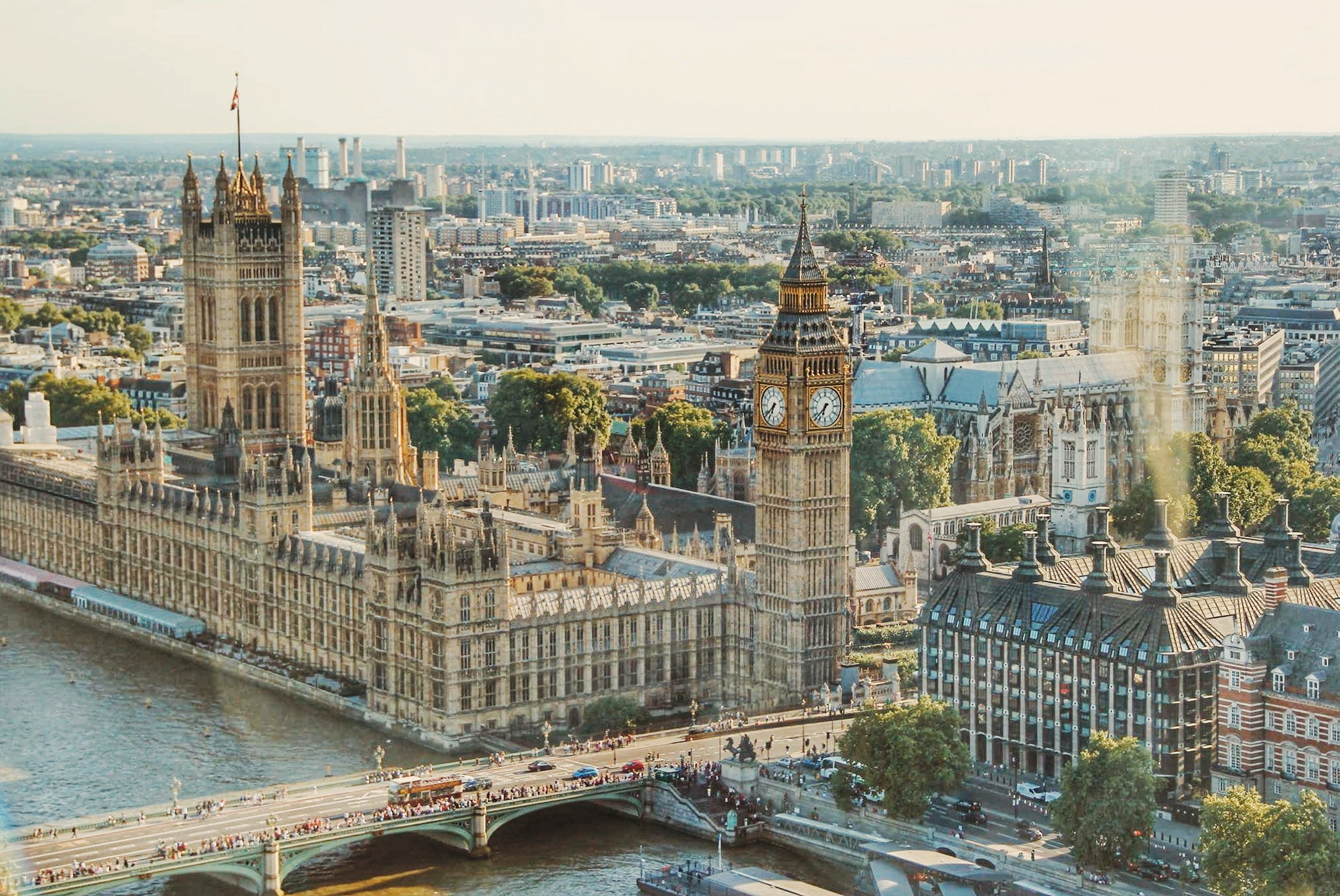Building back greener and better
Some commentators have acquired a habit of announcing that the West is locked in decline, the Atlantic alliance is fractured and everything we hold dear is now at risk.
But without downplaying the challenges and dangers we face, in the teeth of a global pandemic, let me suggest that the pessimism has been overdone and the countries we call the “West” are drawing together once again and strengthening their friendships around the world – and that is what you will see at the G7 summit in Cornwall.
The shared goals of the UK’s presidency of the G7 are to help the world to build back better and build back greener after the pandemic and minimise the risk of such a catastrophe happening again.
We need to mobilise our expertise to create an early warning system for the next pathogen, enabled by a worldwide network of pandemic surveillance centres, and the United Kingdom intends work alongside the World Health Organization and our friends to bring this about.
If anything good can possibly come from this tragedy, we have at least been given the chance to build a global recovery on new and green foundations.
Britain will host COP26 in Glasgow in November and I’m delighted that America has rejoined the Paris Agreement.
The UK’s aim will be to help to rally as many countries as possible behind the target of net zero by 2050.
But we can only address global problems alongside our friends, and extend Britain’s influence if the UK itself and our own citizens are safe.
The starting point of our Integrated Review of foreign, defence and development policy is that the success of Global Britain depends on the security of our homeland and the stability of the Euro-Atlantic area.
So I am strengthening our armed forces with the biggest increase in Britain’s defence budget since the Cold War, comfortably exceeding the NATO pledge to invest 2% of gross domestic product.
The Royal Navy’s new aircraft carrier, HMS Queen Elizabeth, has embarked for the Indo-Pacific.
But I hope the UK has shown by our actions that we will defend our values as well as our interests.
We were the first European country to sanction senior figures in Belarus after the stolen election. We have now imposed sanctions on scores of human rights violators, including from Russia, China, Myanmar and Zimbabwe.
We have consistently spoken out against China’s repression of the Uighur people in Xinjiang province. We have introduced new measures to ensure that the supply chains of UK companies are not tainted by the violations in Xinjiang. After China broke a treaty and imposed a repressive national security law on Hong Kong, the UK offered nearly 3 million of the territory’s people a route to British citizenship. We acted quickly and willingly – with cross-party support at home – to keep faith with the people of Hong Kong.
I believe that Europe increasingly recognises the necessity of joining our American friends to rediscover that far-sighted leadership and the spirit of adventure and trans-Atlantic unity that made our two continents great in the first place.
A new world is rising up around us, patterns of trade and commerce are changing, the technological revolution proceeds with blistering speed. But none of us should fear or resent these changes.
Free countries – many of them located far beyond the geographical “West” – possess a boundless and inherent ability to release the talents and enterprise of their people.
Of the 10 most innovative nations in the world – as ranked by the Global Innovation Index in 2020 – all but one are liberal democracies.
There is no reason why our countries should not be stronger and safer in 2030 – or indeed 2050 – than today, provided we share the burdens, compete successfully and seek out friends and partners wherever they can be found. Hence I have invited Korea, Australia, India and South Africa to attend this G7.
So let’s build a coalition for openness and innovation, reaching beyond established alliances and the confines of geography, proud of our history, but free of any temptation to turn back the clock, and harnessing the genius of open societies to flourish in an era of renewed global competition.












